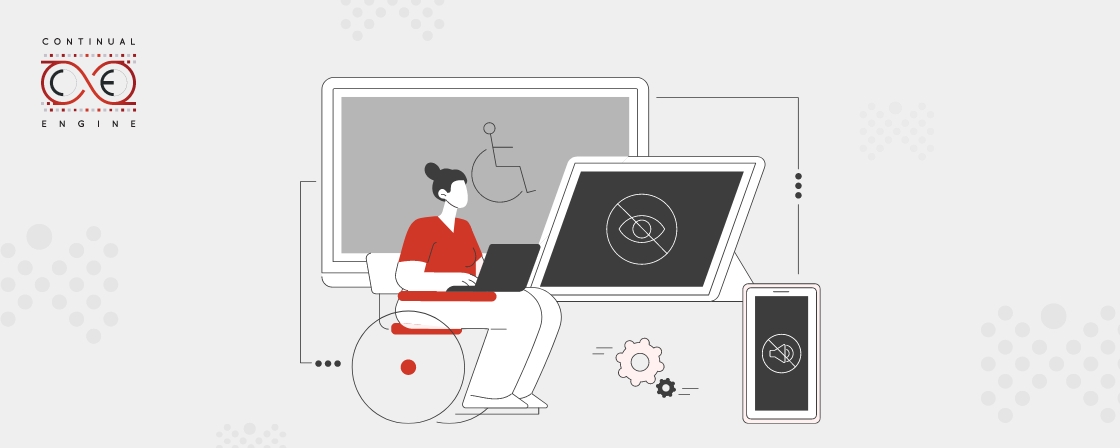This comprehensive article will delve deep into the crucial and multifaceted topic of Section 504 compliance, the significance of adhering to the Web Content Accessibility Guidelines (WCAG), and how these standards work hand-in-hand with Section 504 to foster a more accessible and equitable digital environment.
The Importance Of Section 504 Compliance In Advancing Disability Rights
Non-Discrimination And Equal Opportunities
WCAG: The Standard For Section 504 Compliance
The Web Content Accessibility Guidelines (WCAG) are the standard protocols for Section 504 compliance. WCAG includes perceivable, operable, understandable, and robust (POUR) principles that are designed to help organizations create accessible digital assets that everyone can use, including individuals with disabilities.
Evaluating Digital Assets For Section 504 Compliance
To ensure Section 504 compliance, organizations can work with accessibility vendors with expert knowledge and advanced technologies, such as Continual Engine, to help make their digital assets accessible.
